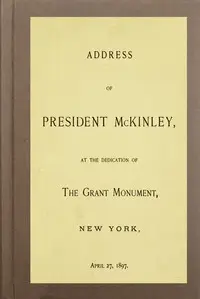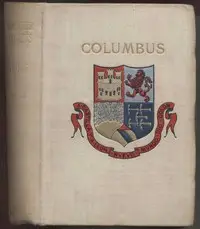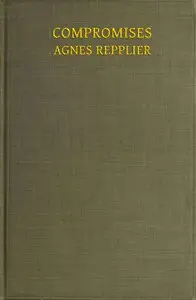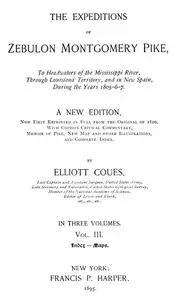"A Supplement to A Compilation of the Messages and Papers of the Presidents" by James D. Richardson is a historical account published in the early 20th century, specifically in the context of the late 19th and early 20th century United States. This volume serves as an addendum that includes the incomplete messages, proclamations, executive orders, and last public address of President William McKinley, along with the early communications from his successor, President Theodore Roosevelt. The content provides insights into critical governmental operations and challenges during a transformative period in American history. The opening of the volume begins with a prefatory note asserting the purpose of the supplement in correcting gaps concerning the McKinley administration's documentation. It introduces the context surrounding McKinley's assassination and the subsequent stability maintained in government during and after his presidency. It also outlines the critical issues of the time, such as fiscal reforms, industrial conditions, and America’s foreign relations, suggesting a nation in transition. Significant topics addressed include the economic challenges faced, plans for tariff reform, the establishment of currency and banking systems, and the critical management of various national disasters and legislative actions. Overall, the opening portion establishes a foundation for understanding the complexities and responsibilities assumed by the U.S. presidents during this historical era. (This is an automatically generated summary.)

A Supplement to A Compilation of the Messages and Papers of the Presidents: William McKinley
By William McKinley
"A Supplement to A Compilation of the Messages and Papers of the Presidents" by James D. Richardson is a historical account published in the early 20t...
Genres
Released
2004-12-24
Formats
epub3 (images)
epub
mobi (images)
mobi
epub (images)
Free Download
Overview
About the Author
William McKinley was the 25th president of the United States, serving from 1897 until his assassination in 1901. A member of the Republican Party, he led a realignment that made Republicans largely dominant in the industrial states and nationwide for decades. He presided over victory in the Spanish–American War of 1898; gained control of Hawaii, Puerto Rico, Guam, and the Philippines; restored prosperity after a deep depression; rejected the inflationary monetary policy of free silver, keeping the nation on the gold standard; and raised protective tariffs.
Total Reviews
10.0k
Total reviews from Goodreads may change
















